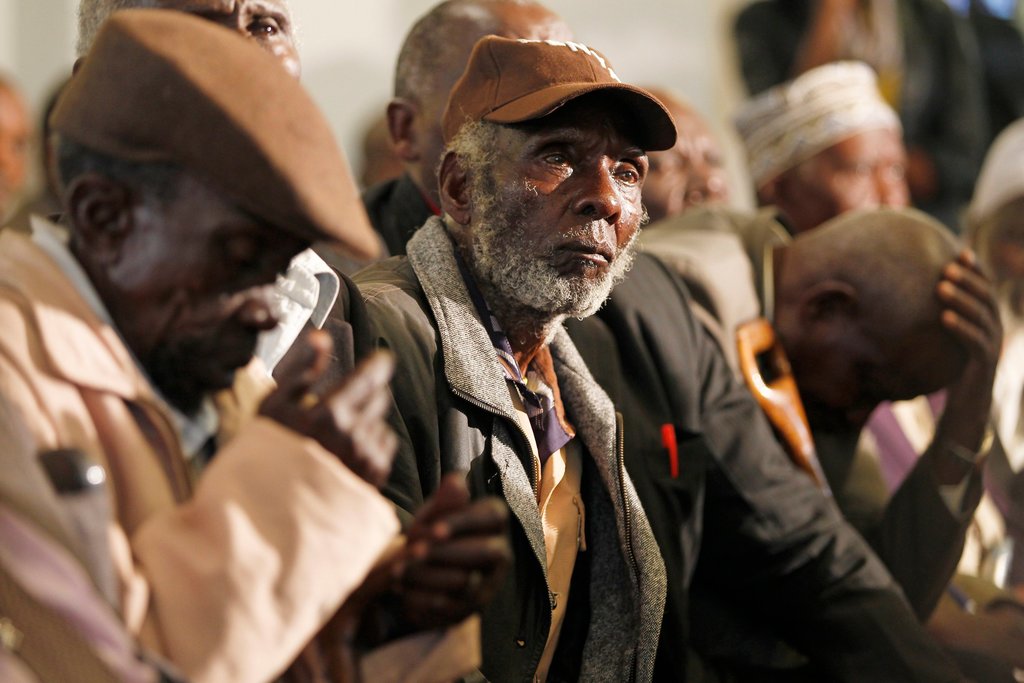Two Kenyan tribes have filed a case against the UK government European Court of Human Rights (ECHR) for alleged colonial abuses, according to a report in the BBC.
The Talai and Kipsigis have said in the lawsuit that these abuses include theft of land in Kericho, the tea-growing area of the African country, where area is still under the control of tea producing companies. The tribes are seeking $200 billion and an apology for the crimes.
The tribes claim that the UK has not shown any interest in redressing the issue, which has violated the European Convention on Human Rights.
"The UK government has ducked and dived, and sadly avoided every possible avenue of redress," Joel Kimutai Bosek, one of the lawyers who filed the case on Tuesday, was quoted as saying by UK-based The Times. "We have no choice but to proceed to court for our clients so that history can be righted," the lawyer further said.
The tribes say that they faced torture while being forcibly evicted from their fertile land in the final days of British colonial rule to make way for plantations.
The complainants further said that they were forced to live in a valley infested with mosquitos, tse-tse flies and other insects as "punishment for resisting". Their bites led to deaths, miscarriages and massive loss of livestock, the Talai further claimed.
The tribes returned to Kenya after it gained independence in 1963 but were unable to reclaim their land from tea companies.
"Today, some of the world's most prosperous tea companies, like Unilever, Williamson Tea, Finlay's and Lipton, occupy and farm these lands and continue to use them to generate considerable profits," the tribes said in court filings, as reported by Metro.
They have also accused the British army of unlawful killing, rape, torture and imprisonment but won't be the focus of the lawsuit, the outlet further said.
This is not the first time that the Kenyan tribes have raised the issue at international level. The claims were first flagged before the United Nations in 2019 after which an investigation was conducted. In 2021, six UN special rapporteurs, in a joint communique, expressed their concerns at the "alleged lack of accountability", reported the BBC.
The British government said in response that they had apologised in 2013 and agreed to compensate the Kenyans who had been tortured during an uprising in the 1950s.
But the Kipsigis and Talai maintain that the case the British government referred to in its response is a separate case, the outlet further reported.




-20260226080139.webp)



-20260223082704.webp)










-20260225072312.webp)










-20260219054530.webp)
-20260224075258.webp)





-20260221022827.webp)